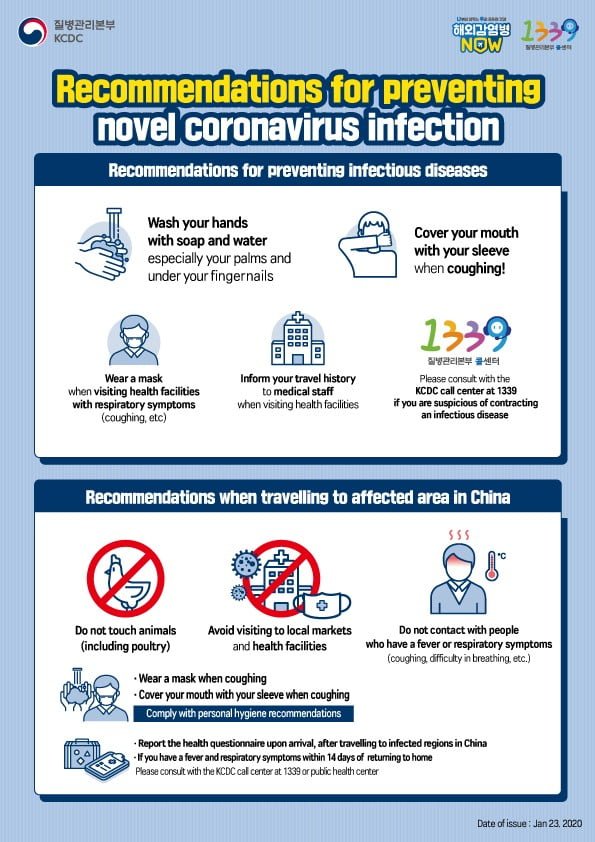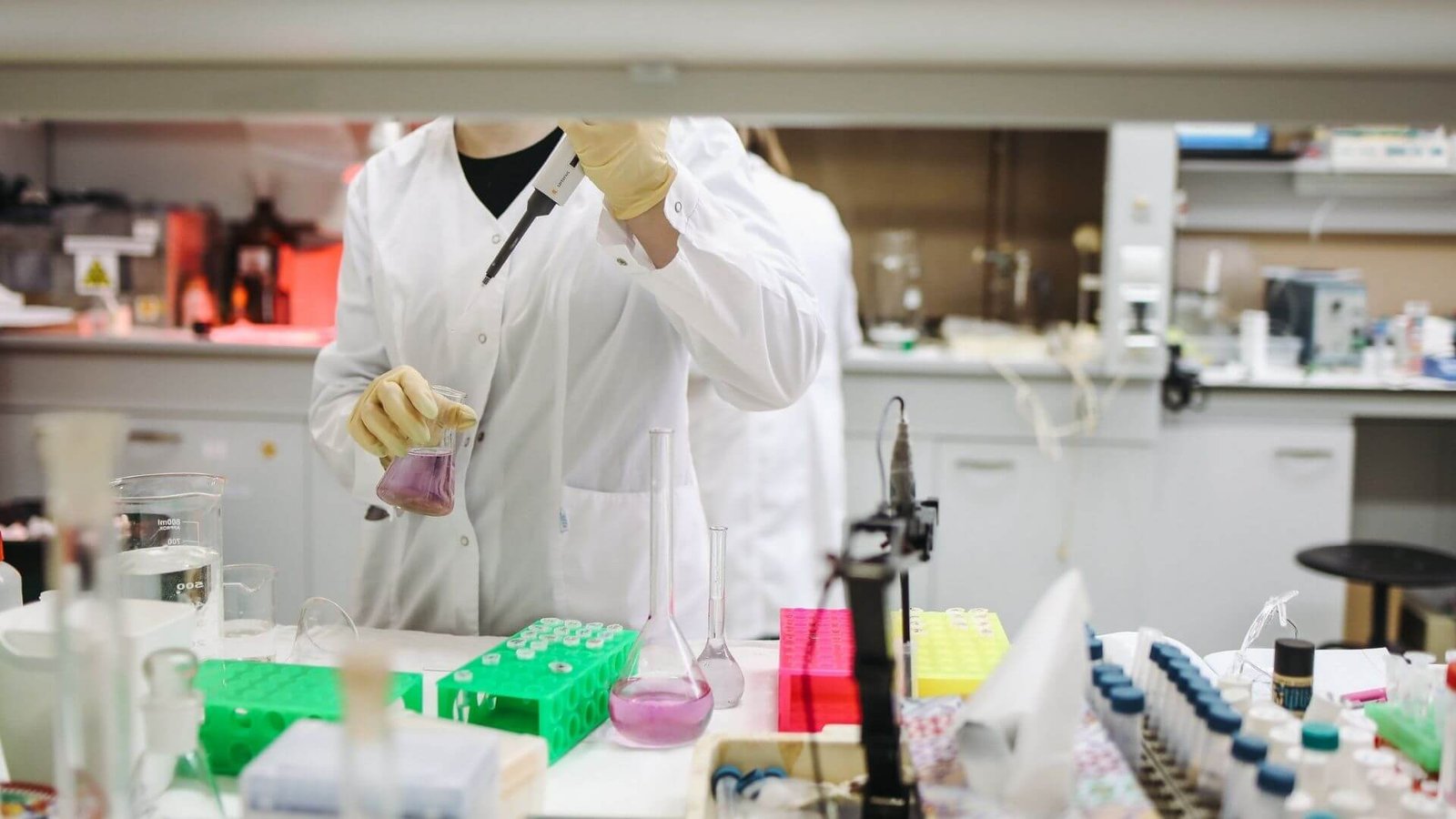Receiving parcels from South Korea is safe
People receiving packages from South Korea are not at risk of contracting COVID19, since previous research showed that coronaviruses do not survive long on objects, such as letters or packages.
- For accurate information on COVID19, please visit World Health Organization(WHO)’s website.
- For updates regarding the situation in Korea, please visit Korea Centers for Disease Control and Prevention(KCDC)’s website.
“Yes, it is safe. People receiving packages from China are not at risk of contracting the new Coronavirus. From the previous analysis, we know Coronaviruses do not survive long on objects, such as letters or packages.”
World Health Organization02.02.2020
U.S. Centers for Disease Control and Prevention concur with the WHO statement by saying that despite there is still a lot that is unknown about COVID-19 and how it spreads, considering that coronaviruses poorly survive on surfaces, it’s very unlikely to get infected since it takes days or even weeks to deliver a package. Besides, during transportation packages are exposed to significant temperature changes. As of now, there was no single case when somebody got infected by receiving and unpacking a parcel or a letter.
Limitations imposed on K-post service usage as of the 24th of March:
Please find below the list of countries shipments to which were restricted or delayed due to the COVID19 outbreak.
We are experiencing delays in delivery when we ship to the following countries: All countries
Main reason: airlines are reducing schedules
Delivery to the following countries has been fully suspended for an indefinite period:
Mauritania (MR); Montenegro (ME); Kenya (KE); Nigeria (NG); South Africa (ZA); Denmark (DK) Hungary (HU); Greece (GR); Argentina (AR); Philippines (except for Manila and Luzon) (PH); Ethiopia (ET); Jordan (JO); Azerbaijan (AZ); Tanzania (TZ); Rwanda (RW); Pakistan (PK); Cyprus (CY); Oman (OM); Maldives (MV); Mozambique (MZ); Bosnia (BA); Macedonia (MK); Georgia (GE); Tunisia (TN); Croatia (HR); United Arab Emirates (AE); Myanmar (MM); Ukraine (UA); Kuwait (KW); Belgium (BE); Finland (FI); Ghana (GH); Peru (PE); Lebanon (LB); Austria (AT); Moldova (MD); Polynesia (France) (PF); Canada (CA); New Caledonia (France) (NC); Gabon (GA); Poland (PL); France (FR); Cayman Islands (KY); Venezuela (VE); Congo (CD); Djibouti (DJ); Angola (AO); Mauritius (MU); Cape Verde (CV); Bahrain (BH); Algeria (DZ); Morocco (MA); Norway (NO); Ireland (IE); Bulgaria (BG); Egypt (EG); Australia (AU); Bangladesh (DB); Nepal (NP); Sri Lanka (LK); Czech Republic (CZ); Saudi Arabia (SA); Spain (ES); Iran (IR); India (IN); Papua New Guinea (PG); New Zealand (NZ); Bermuda (BM); Netherlands Antilles (CW); Jamaica (JM); Panama (PA); Mexico (MX); Brazil (BR); Colombia (CO); Ecuador (EC); El Salvador (SV); United Kingdom (GB); Mongolia (MN); Uzbekistan (UZ); Fiji (PJ); Chile (CL); Laos (LA); Taiwan (TW); Israel (IL); Macau (MO).
Main reason: countries have stopped accepting flights from South Korea
We ask for your understanding that at the moment there is no information about when the restrictions will be lifted. We will keep you posted. Thank you!
If you have any questions, please feel free to contact our customer support. We are always happy to assist you!
COVID19 prevention
Currently, there is no vaccine or drug to cure COVID19. Therefore, it’s highly advised to follow the guidelines in the picture below to protect yourself and your community from getting and spreading it. Mainly, wash your hands properly. If you are not wearing a mask, cover your mouth while coughing and sneezing with your sleeve. Also, try to avoid visiting public events and public places as much as possible.






